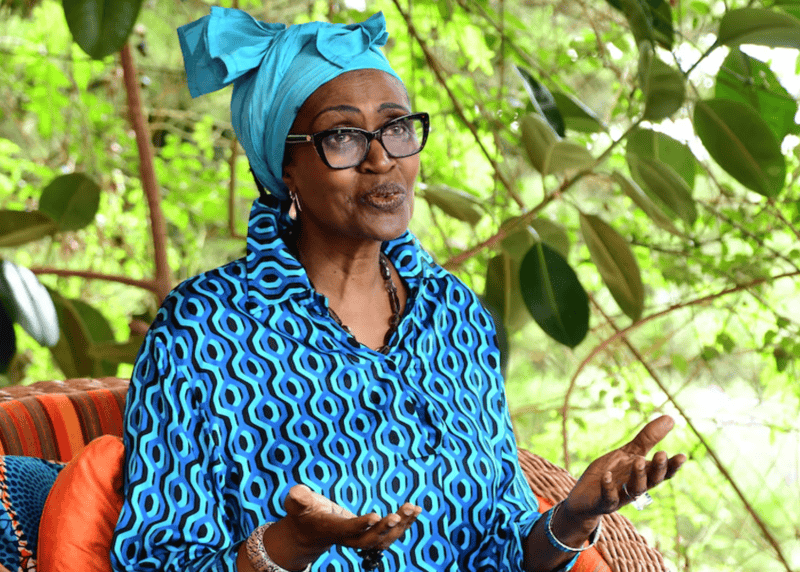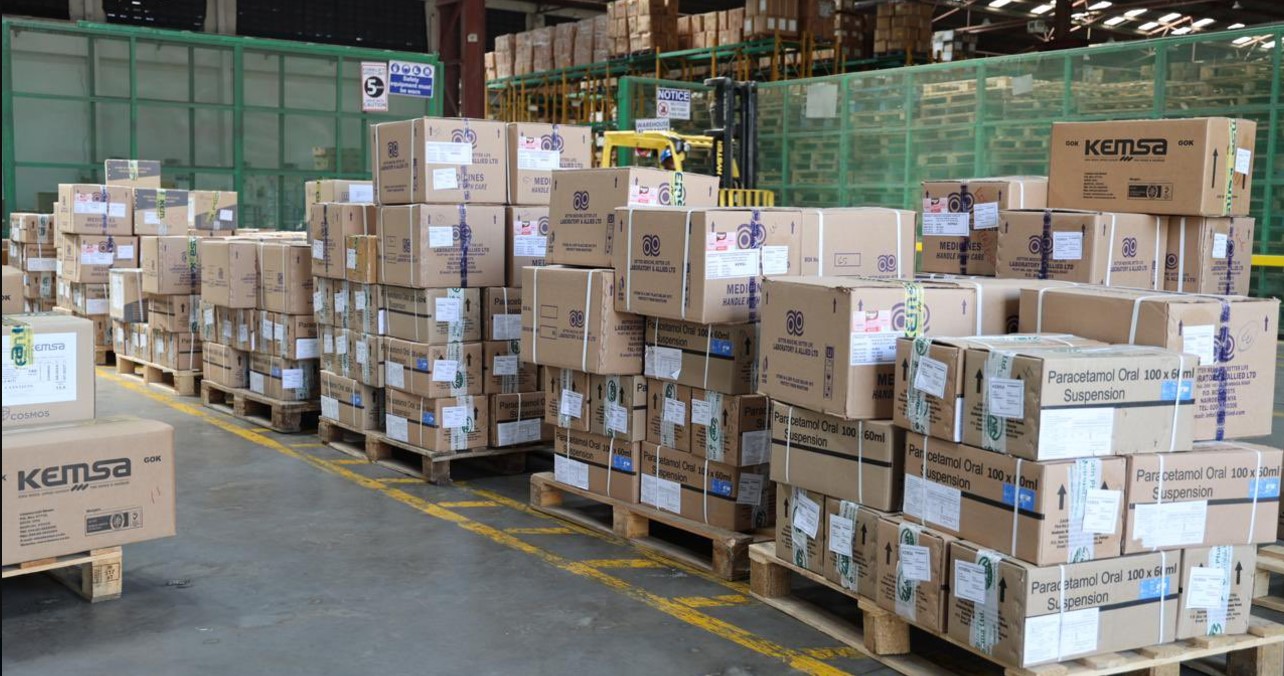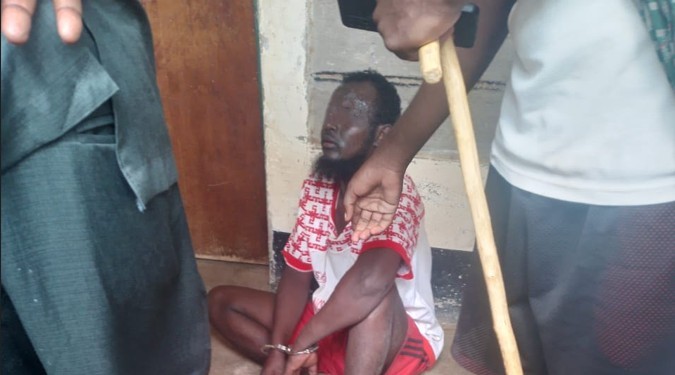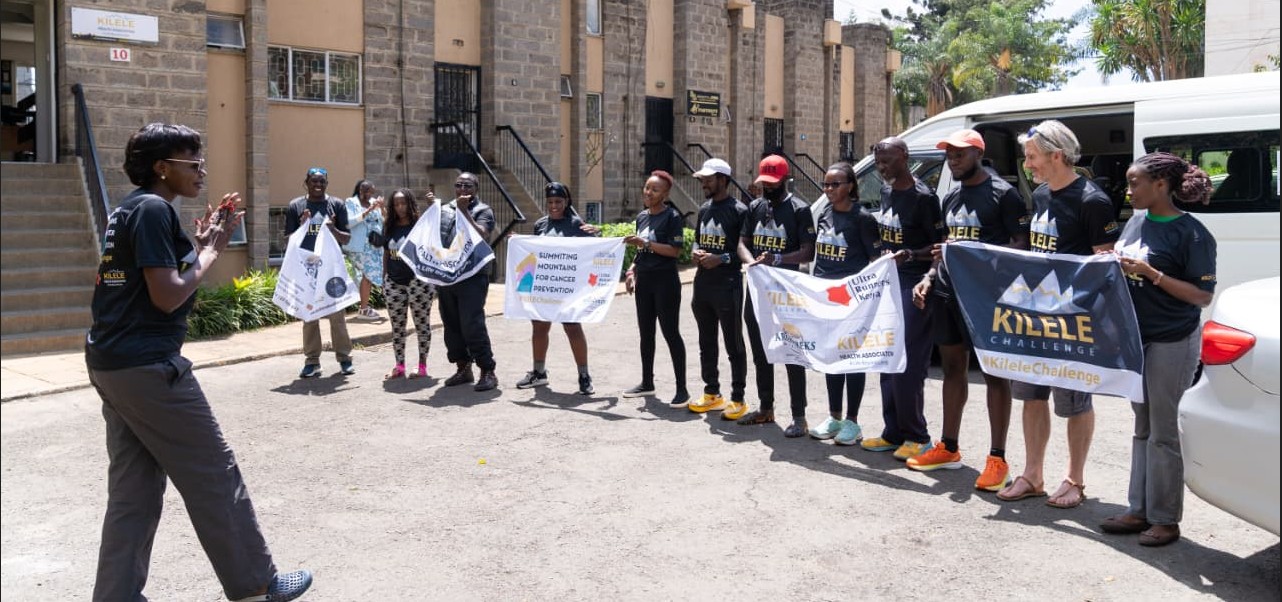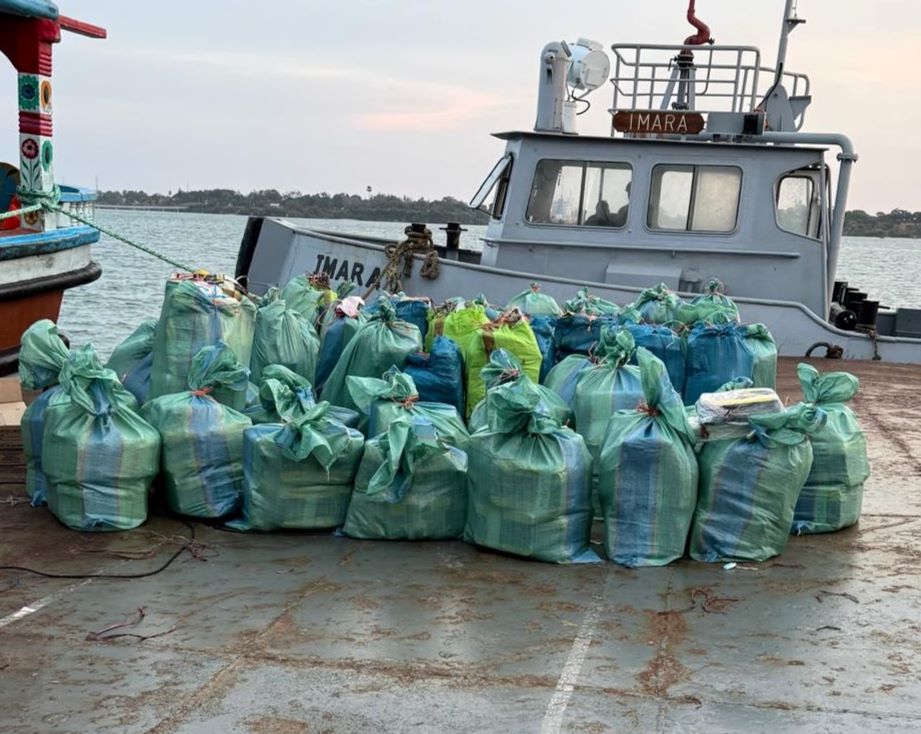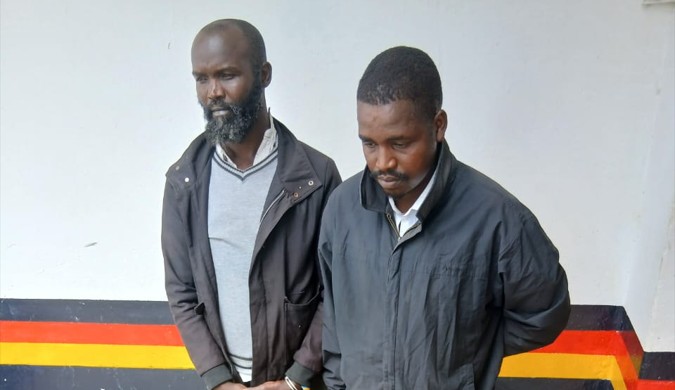Turkana rolls out establishment of database for Persons living with Disabilities
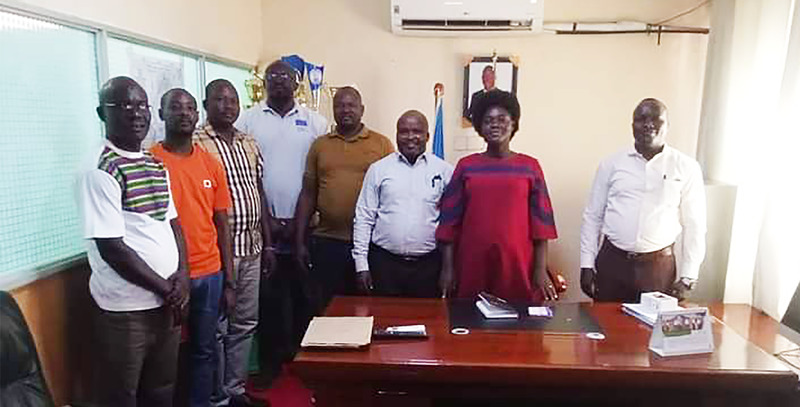
It is being done through a collaborative effort between the county government, UNHCR and the Kenya National Chamber of Commerce and Industry.
The Turkana County government has rolled out a data collection exercise for Persons living with Disabilities in an effort to establish a database which will guide policy formulation and allocation of resources for the economic empowerment of the group.
County Education, Sports and Social Protection Executive Elizabeth Loote said the register will offer guidance while pushing for legislation and planning for PWDs in the county so that their concerns are effectively addressed.
More To Read
- Only 4 per cent of public institutions meet disability hiring quota - survey
- Persons with Disabilities Act 2025 explained: Mocking PWDs punishable by law
- MPs push for faster completion of disability equipment factory to improve access to learning materials
- Northern Kenya PWDs chairperson sounds alarm over lack of autism support
- MPs accuse Agriculture and Food Authority of ethnic bias, discrimination against PWDs
- KWS proposes free park entry for elderly, PWDs and tourism workers
"The database will ensure inclusion and enable the county to efficiently support PWDs for improved livelihoods," Elizabeth said.
The countywide exercise kicked off in Turkana North and is expected to be completed in two months with report validation scheduled to follow thereafter in September this year.
It is being done through a collaborative effort between the county government, UNHCR and the Kenya National Chamber of Commerce and Industry.
The county is working closely with community leaders, elders and chiefs to ensure all members are enlisted so that they benefit from both county and national government programmes.
"The exercise is being undertaken at the village level to ensure no one is left behind," she said.
She was accompanied by the department's chief officer Etelej Korea, Social Protection Director Mark Amiyo and his deputy Ignatius Idoka.
This is low funding towards PWD empowerment both at county and national level and lack of proper legislation and policies continue to hinder effective and meaningful inclusion and participation of PWDs on crucial matters such as leadership and governance.
From economic to physical and socio-cultural, PWDs face multiple barriers which limit their access to crucial services as the majority of public facilities lack PWD-friendly structures.
The members are optimistic that the establishment of the database will ensure equal access to opportunities such as education, supportive devices social protection programmes and adequate representation.
Top Stories Today


